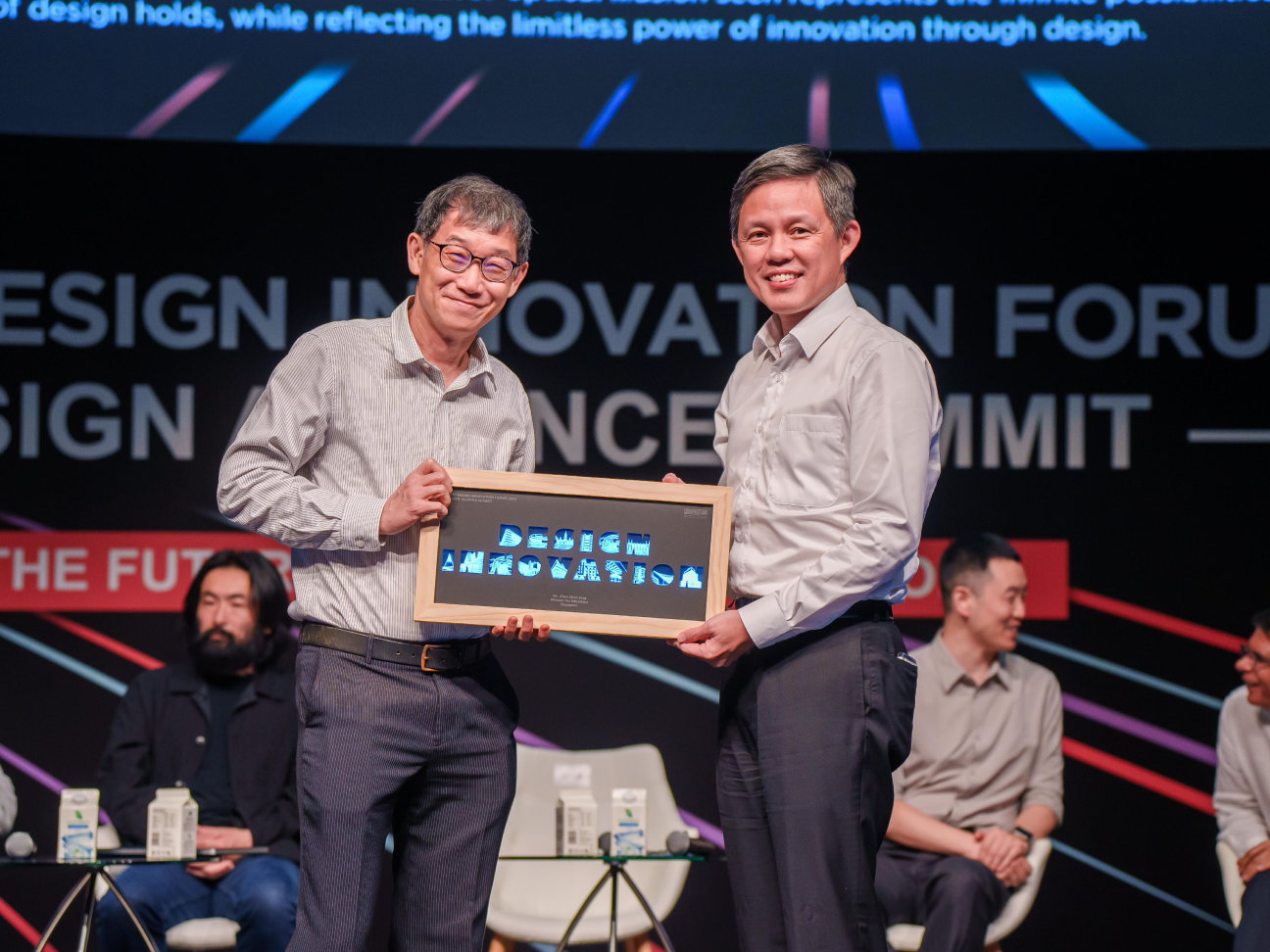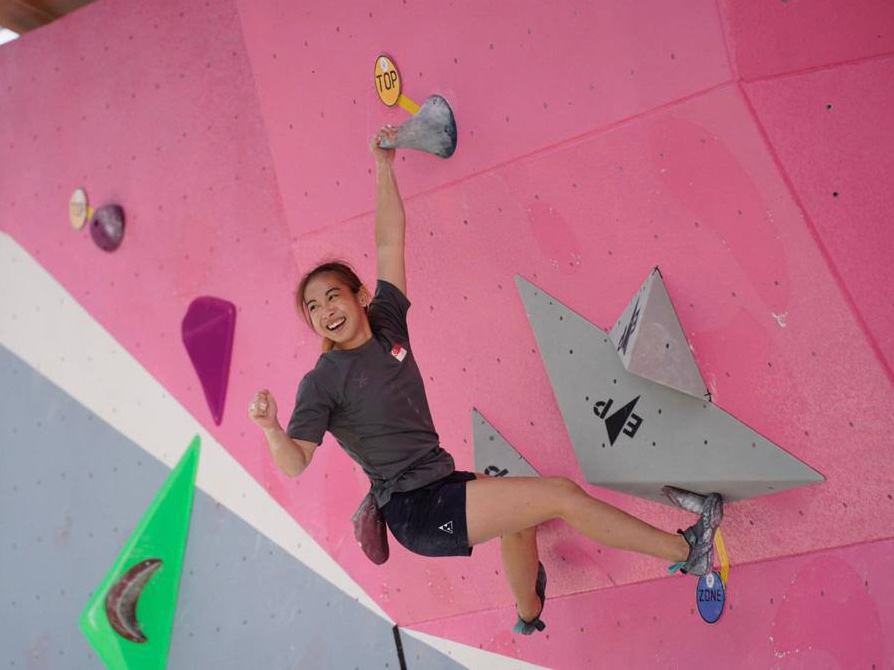Events
Filters

24 July 2024
Mark Sin (Apple Inc.) – What in School Helped my Career?
Mark Sin (Apple Inc.) – What in School Helped my Career?

ISTD
Seminar/Lecture
2.00 pm – 3.30 pm
Lecture Theatre 2 (Building 1 , Level 2) 8 Somapah Road
23 July 2024
DH Asia Webinar Series: “Ancient and Modern Biotopes: What Can We Learn from Digitizing Ancient Pharmacology?” by Dr. Michael Stanley-Baker
DH Asia Webinar Series: “Ancient and Modern Biotopes: What Can We Learn from Digitizing Ancient Pharmacology?” by Dr. Michael Stanley-Baker
HASS
Seminar/Lecture
1.00 pm – 2.00 pm
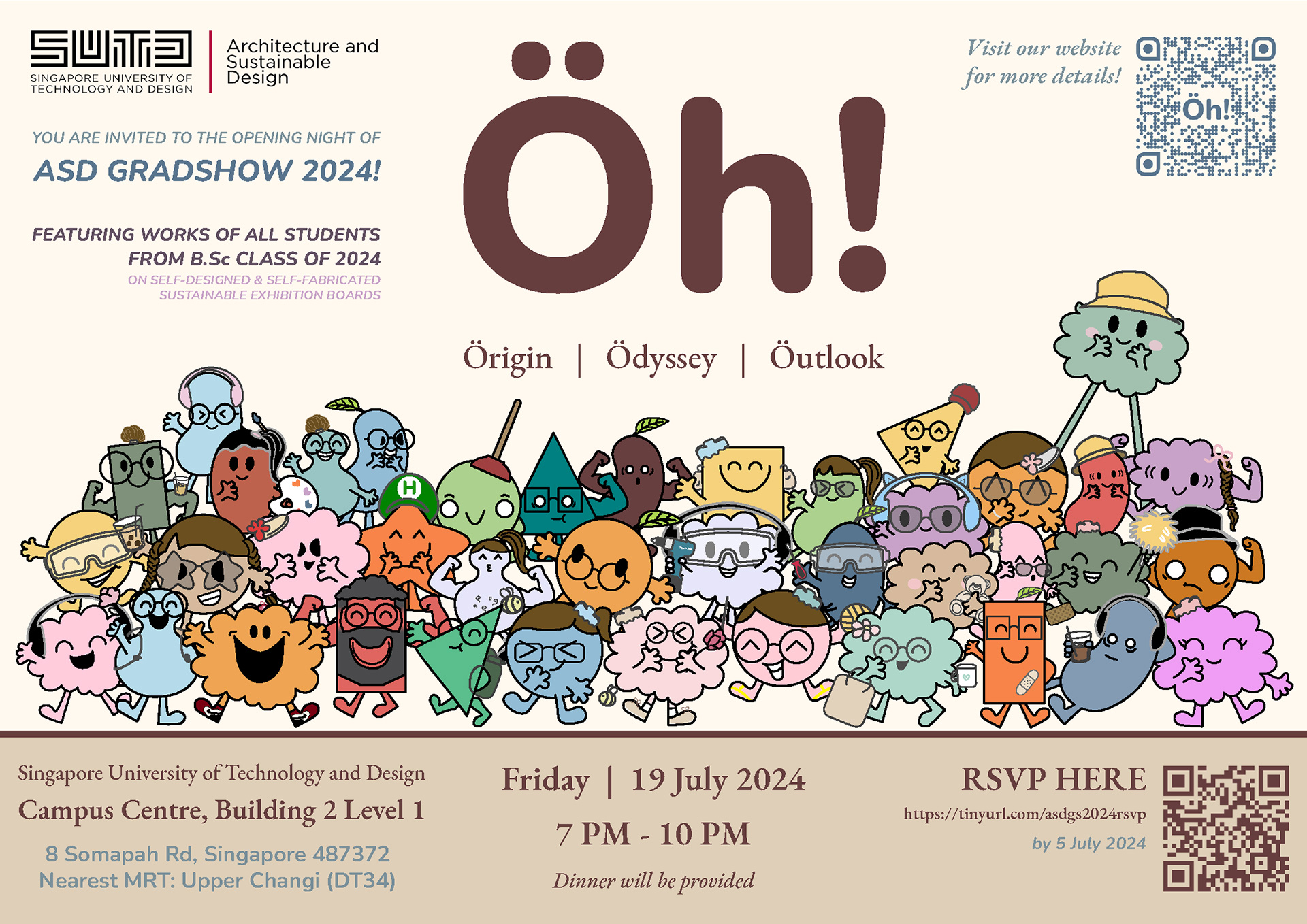
19 July 2024
ASD Gradshow 9: Öh!
ASD Gradshow 9: Öh!

ASD
Exhibition/Showcase
7.00 pm – 10.00 pm
SUTD Campus Centre, Building 2 Level 1 (8 Somapah Road Singapore 487372)

19 July 2024
ARISE Program – Validate Presentation Day
ARISE Program – Validate Presentation Day

2.30 pm – 4.30 pm
Online

16 July 2024
Fan Liu & Felix Tong (Morgan Stanley Technology) – An introduction of Cybersecurity in Investment Banking: An overview of Digital Signatures
Fan Liu & Felix Tong (Morgan Stanley Technology) – An introduction of Cybersecurity in Investment Banking: An overview of Digital Signatures

ISTD
Seminar/Lecture
12.30 pm – 2.00 pm
SUTD Think Tank 4/5 (Building 1, Level 3) 8 Somapah Road

12 July 2024
ARISE Program – Validate
In ARISE: Validate, teams will go out to the field and confirm if there is an actual need for their solution and discover other important requirements of their target market, to better shape the development roadmap of their solution.

9.00 am – 12.00 pm
Online
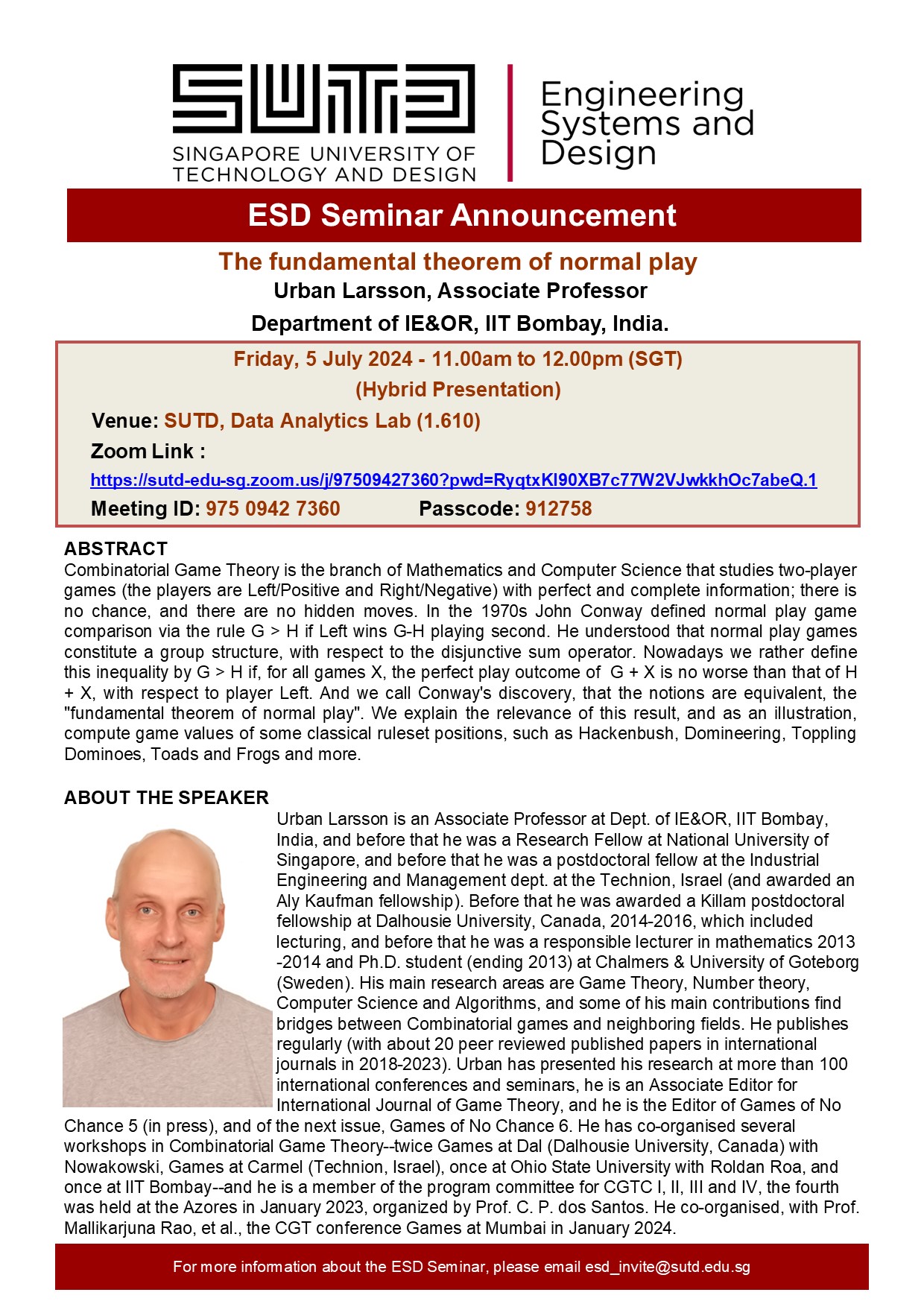
05 July 2024
Urban Larsson (IIT Bombay, India) – The Fundamental Theorem of Normal Play
Combinatorial Game Theory is the branch of Mathematics and Computer Science that studies two-player games (the players areLeft/Positive and Right/Negative) with perfect and complete information; there is no chance, and there are no hidden moves. In the 1970s John Conway defined normal play game comparison via the rule G > H if Left wins G-H playing second. He understood that normal play games constitute a group structure, with respect to the disjunctive sum operator. Nowadays we rather define this inequality by G > H if, for all games X, the perfect play outcome of G + X is no worse than that of H + X, with respect to player Left. And we call Conway’s discovery, that the notions are equivalent, the “fundamental theorem of normal play”. We explain the relevance of this result, and as an illustration, compute game values of some classical ruleset positions, such as Hackenbush, Domineering, Toppling Dominoes, Toads and Frogs and more.

ESD
Seminar/Lecture
11.00 am – 12.00 pm
Data Analytics Lab (Building 1, Level 6, Room 1.610) 8 Somapah Road

05 July 2024
ARISE Program – Validate
ARISE Program – Validate

9.00 am – 12.00 pm
Online

28 June 2024
ARISE Program – Validate
In ARISE: Validate, teams will go out to the field and confirm if there is an actual need for their solution and discover other important requirements of their target market, to better shape the development roadmap of their solution.

9.00 am – 12.00 pm
Online
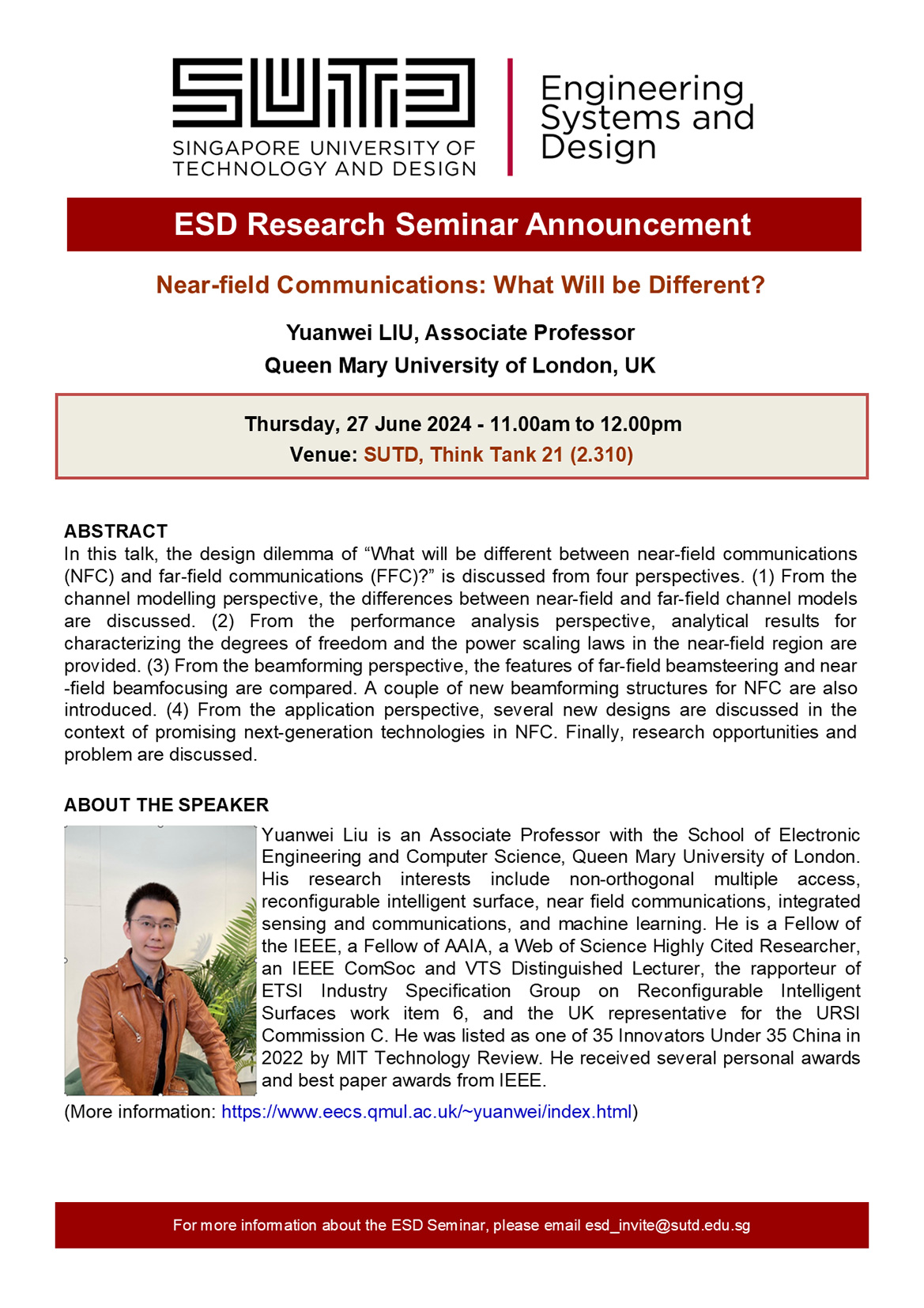
27 June 2024
Yuanwei Liu (Queen Mary University of London) – Near-field Communications: What Will be Different?
In this talk, the design dilemma of “What will be different between near-field communications (NFC) and far-field communications (FFC)?” is discussed from four perspectives. (1) From the channel modelling perspective, the differences between near-field and far-field channel models are discussed. (2) From the performance analysis perspective, analytical results for characterizing the degrees of freedom and the power scaling laws in the near-field region are provided. (3) From the beamforming perspective, the features of far-field beamsteering and near-field beamfocusing are compared. A couple of new beamforming structures for NFC are also introduced. (4) From the application perspective, several new designs are discussed in the context of promising next-generation technologies in NFC. Finally, research opportunities and problem are discussed.

ESD
Seminar/Lecture
11.00 am – 12.00 pm
SUTD Think Tank 21 (Building 2, Level 3) 8 Somapah Road



